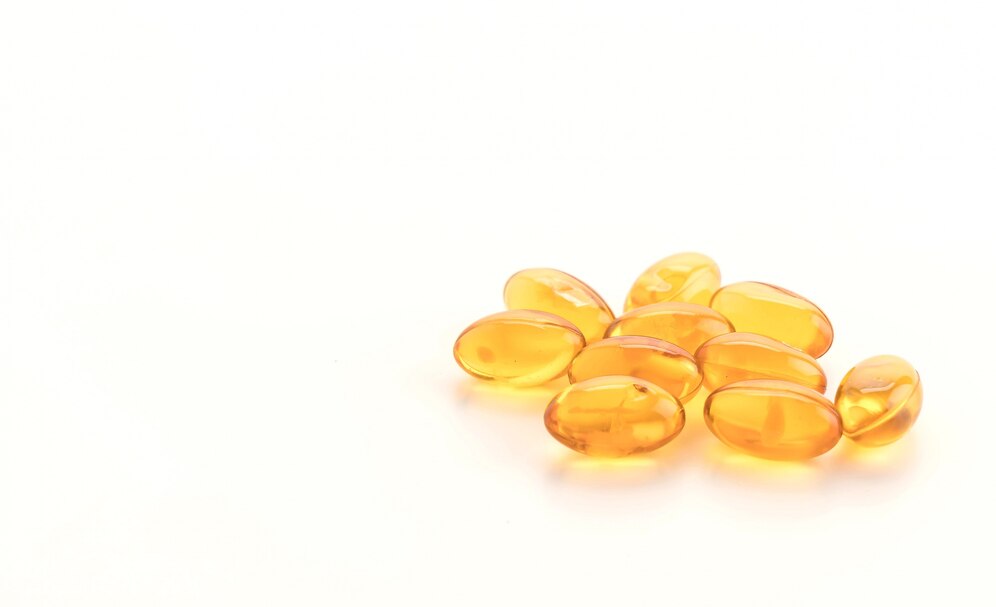Omega-3 fatty acids help the body function properly. All the cells of the body are doing their work well, which ensures that omega-3. Especially it is associated with the function of cells of the eyes and brain. In such a situation, its lack is seen in the body with very serious symptoms.

What are the symptoms of omega-3 deficiency? Due to the lack of this fatty acid in the body, itching and dryness in the skin, dry-dry hair, joint pain, weakness, sleep deficiency, dry eyes, and brain fog, in addition to cardiovascular problems start. Although fish is considered to be the main source of this nutrient, some vegetarian foods are also such that it can be fulfilled.
Omega-3-rich Vegetarian Foods-
Linseed seeds
According to the report of the National Institutes of Health, linseed seeds are the best plant source of Omega-3. In such a situation, to meet the lack of this nutrient in the body, you can include linseed seeds in your diet daily.
Chia seeds
Chia seeds are very beneficial for health. It is also included in the vegetarian sources of omega-3. In such a situation, you can include these small seeds in a drink, salad, or water and add them to the diet.
Walnut
Walnut Ala is one of some nuts rich in omega-3 fatty acids. In such a situation, to ensure the supply of this nutrient, eat a handful of walnuts for breakfast or include them in salads, grains or baked foods.

Beans
Rajma also contains omega-3 fatty acids, but not as much as other sources like chia seeds or flaxseed seeds. But by including Rajma in the diet, you can meet the deficiency of protein, fiber, and vitamins, which promote the health of the heart and brain.
Leafy vegetables
Some leafy vegetables, such as Brussels Sprouts, Kel, and Spinach contain Ala omega-3 fatty acids. In such a situation, consuming different types of green leafy vegetables can increase the intake of omega-3 fatty acids in your body and other health benefits can be provided.
(PC: Freepik)










